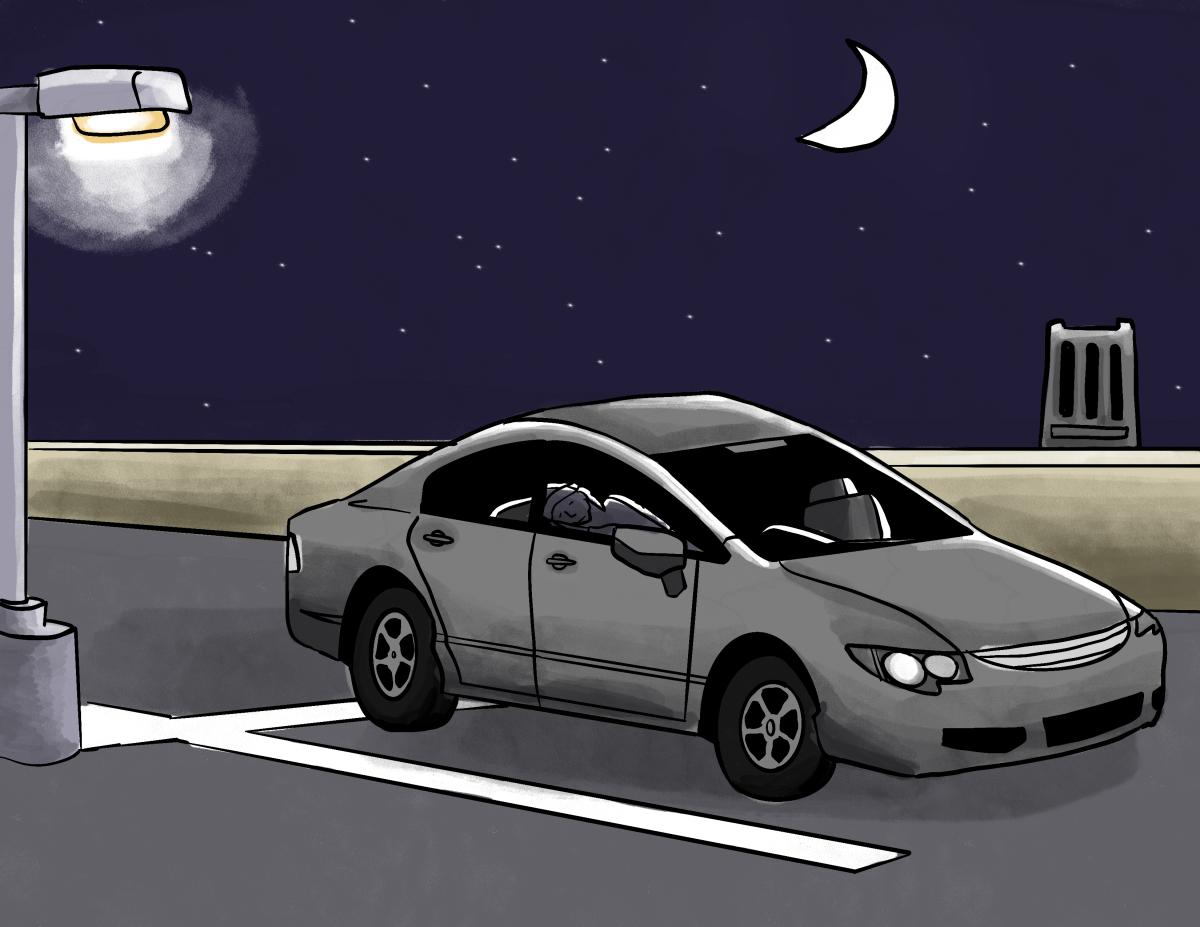Roughly 200 people in North Carolina have been detained by Immigrations and Customs Enforcement (ICE) this past week, according to The News & Observer.
Of the 200 arrests reported, ABC stated that 50 suspects had criminal convictions, 40 had pending criminal charges, and 50 were previously deported, but had re-entered illegally. About 60 people were not specifically targeted; they were arrested when they could not verify their legal status for ICE agents.
However, ICE officials have stated that this number does not include the 30 people who were taken into custody at a Sanford manufacturing company raid on Tuesday, Feb. 5, as stated in ABC11.
According to Spectrum News, an ICE spokesperson said that raids in North Carolina will become a more common practice.
During this time of increased ICE raids, it is important to know your rights if stopped by the police, immigration agents or the FBI.
According to the American Immigration Lawyers Association (AILA), all people in the United States, including undocumented immigrants, have certain U.S. Constitutional rights.
Below is a “Know Your Rights” guide, if stopped and/or questioned by ICE in public.
You have the right to remain silent
According to the American Civil Liberties Union (ACLU), everyone has the right to remain silent. Individuals do not have to answer questions about where they were born, if they are a U.S. citizen or how they entered the country. However, different rules apply at international borders and airports or if individuals have nonimmigrant visas, like tourists and business travelers.
The AILA states that people may ask the officer if they are free to leave. If the officer declines, individuals still have the right to remain silent.
However, it is best for individuals to state their preference of remaining silent to the officer, according to the ACLU.
In addition, the AILA states that people are legally allowed to refuse to show an officer identity documents that say what country they are from. On the other hand, individuals should never show fake documents or lie to an officer.
If people who are stopped are not U.S. citizens but do have valid immigration papers, they may show an immigration officer if they request it, according to the ACLU.
You may refuse a search
If a police officer or immigration agent comes to an individual’s home, they do not have to let the officer inside, unless they have a warrant signed by a judge, the ACLU stated.
Individuals should ask the officer to show the warrant. They can only search the areas and the items that are listed on the warrant, according to the ACLU. An ICE warrant of removal/deportation does not allow officers to enter a home without consent.
According to AILA, if individuals are stopped for questioning, they do not have to consent to a search of their belongings. However, an officer will be allowed to “pat down” an individual’s clothes if the officer suspects they have a weapon.
It is important to note that even if the officers have a warrant, people still have the right to remain silent, as stated by the ACLU.
You have the right to speak to a lawyer
If an individual is arrested by the police, they may ask for a lawyer. If an individual cannot afford a lawyer, the government must legally provide one, according to the ACLU.
The AILA states that people can refuse to sign any paperwork until they have had the ability to speak to a lawyer. If an individual does choose to sign something without the presence or guidance of a lawyer, they need to understand exactly what the document says.
Individuals should not sign a voluntary departure or stipulated removal document without a lawyer. According to ACLU, an individual may be giving up the ability to stay in the U.S.
If you feel your rights have been violated…
According to the ACLU, write down the officers’ badge and patrol car numbers, which agency the officers are from, and any other details you remember. If an individual is injured, they should seek medical attention and take photographs of their injuries.
Individuals may file a complaint anonymously to an agency’s internal affairs division or civilian complaint board, according to the ACLU.











